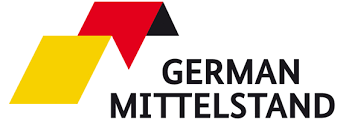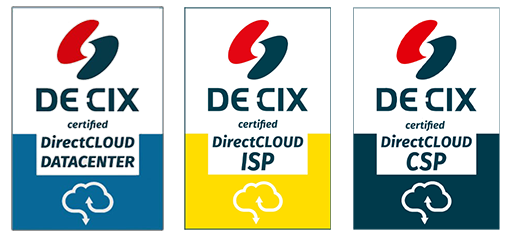Kubernetes
Kubernetes (K8s) is an open-source system for automating the deployment, scaling, and management of containerized applications. It was originally developed by Google and in 2015 was donated to the Cloud Native Computing Foundation (CNCF). Today, Kubernetes is the de facto standard for container orchestration.
With Kubernetes, organizations can manage thousands of containers, distribute workloads, ensure high availability, and scale applications rapidly.
Key Capabilities
- automatic application scaling;
- load balancing and traffic management;
- self-healing of containers in case of failures;
- declarative configuration management (YAML manifests);
- integration with cloud environments and CI/CD pipelines.
Applications
Kubernetes is used for:
- microservices-based applications;
- DevOps and CI/CD processes;
- hybrid and multicloud solutions;
- large-scale SaaS platforms and online services;
- cloud migration of applications.
Advantages
- high scalability and resilience;
- versatility – works both in the cloud and on-premises;
- open ecosystem with a large community;
- resource efficiency through optimal server utilization;
- automation of routine administrative tasks.
Limitations
- high complexity of deployment and configuration;
- requires highly skilled specialists;
- can be excessive for small projects.
Example
A company launches a SaaS platform serving thousands of customers. Kubernetes automatically distributes containers across cluster nodes, scales services during peak hours, and restores them after failures. This ensures stable performance while optimizing server resource usage.
Frequently Asked Questions (FAQ)
It automates container management: deployment, scaling, load balancing, and recovery. This is especially valuable in large-scale and microservices-based systems.
Docker is a tool for creating and running containers, while Kubernetes is a system for managing thousands of containers. They are often used together: Docker builds the containers, and Kubernetes orchestrates them.
Yes, it requires skilled specialists. However, it has become an industry standard, and many companies use managed services (Google Kubernetes Engine, Amazon EKS, Azure AKS) to simplify adoption.
In cloud services, DevOps workflows, microservices architectures, and hybrid/multicloud infrastructures. Kubernetes is suitable for any project that requires scalability and high availability.
Generally not. For small applications, tools like Docker Compose or managed PaaS are simpler. Kubernetes makes sense when a project grows and requires management of hundreds or thousands of containers.






